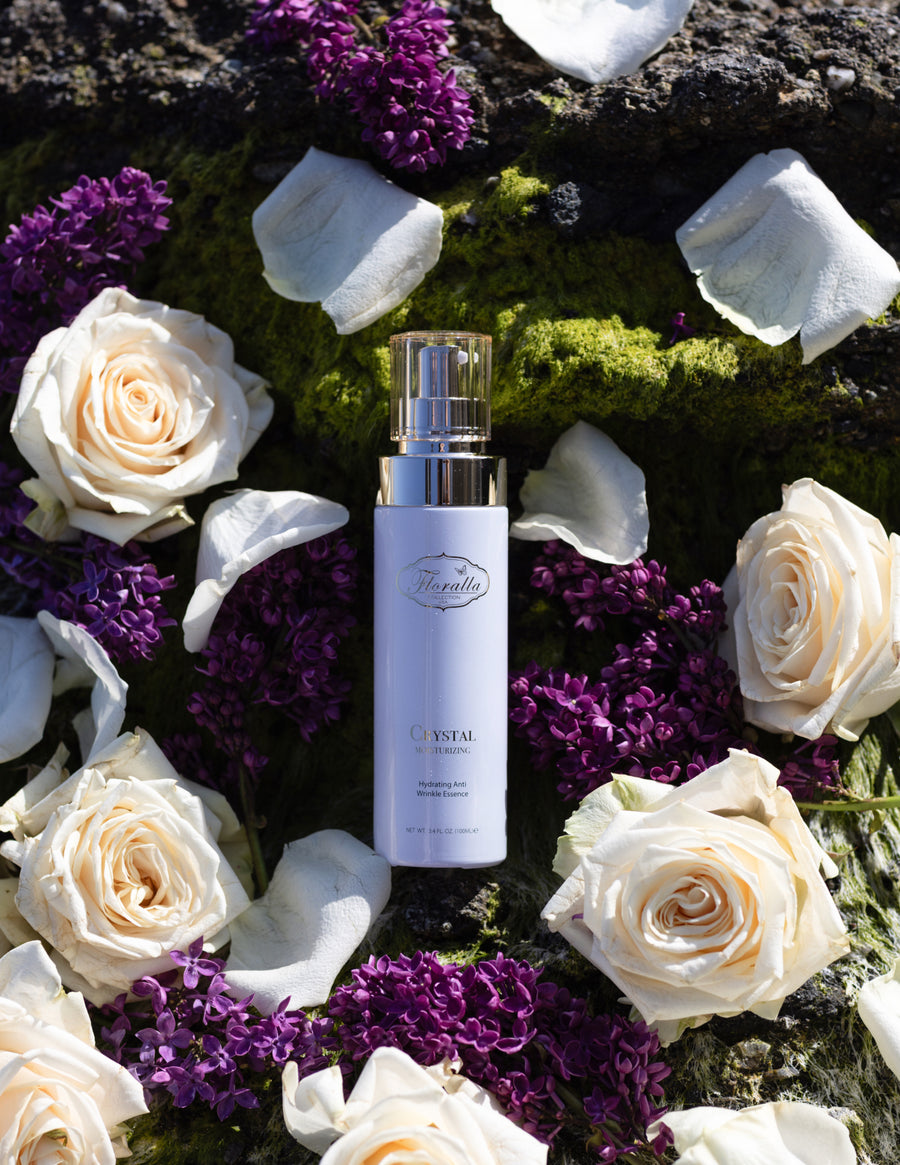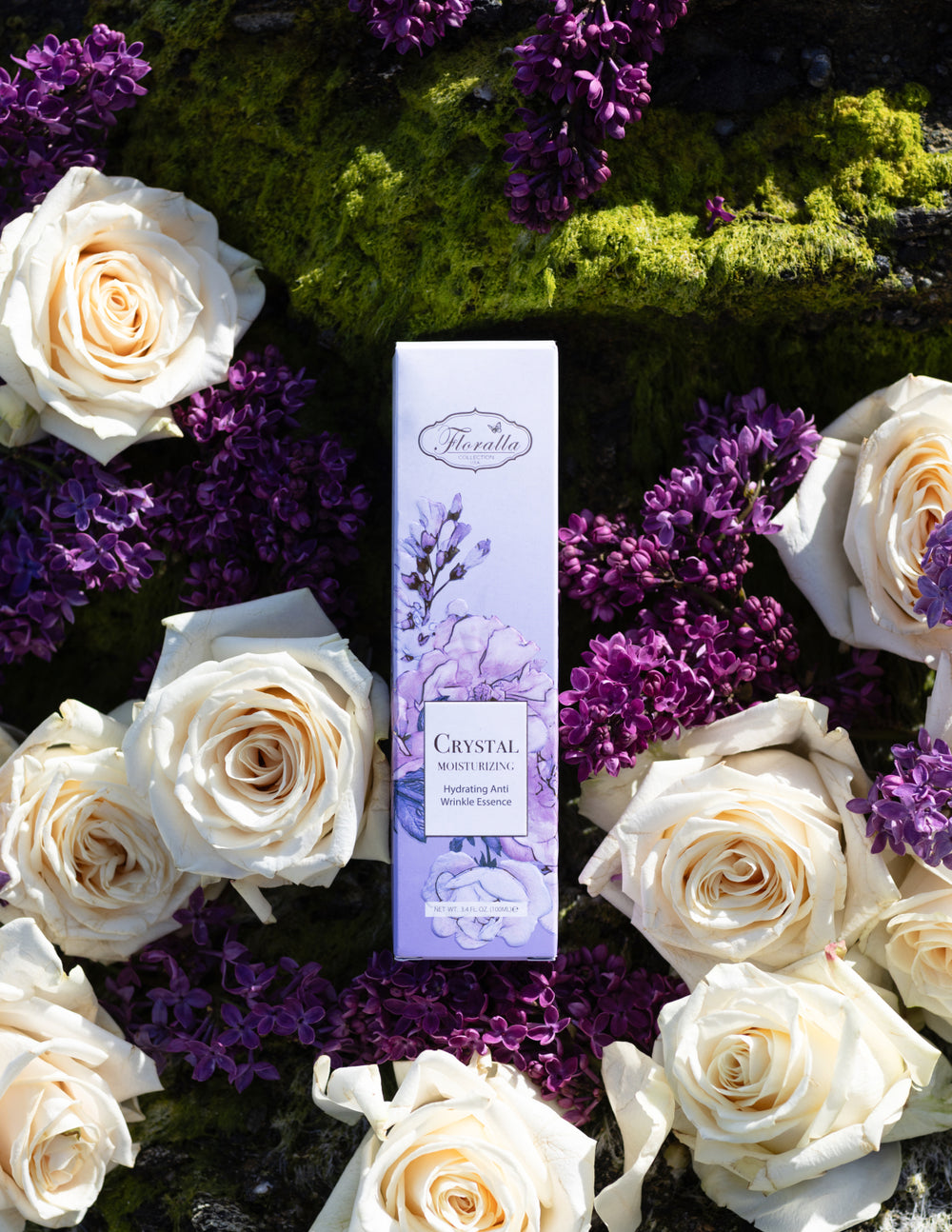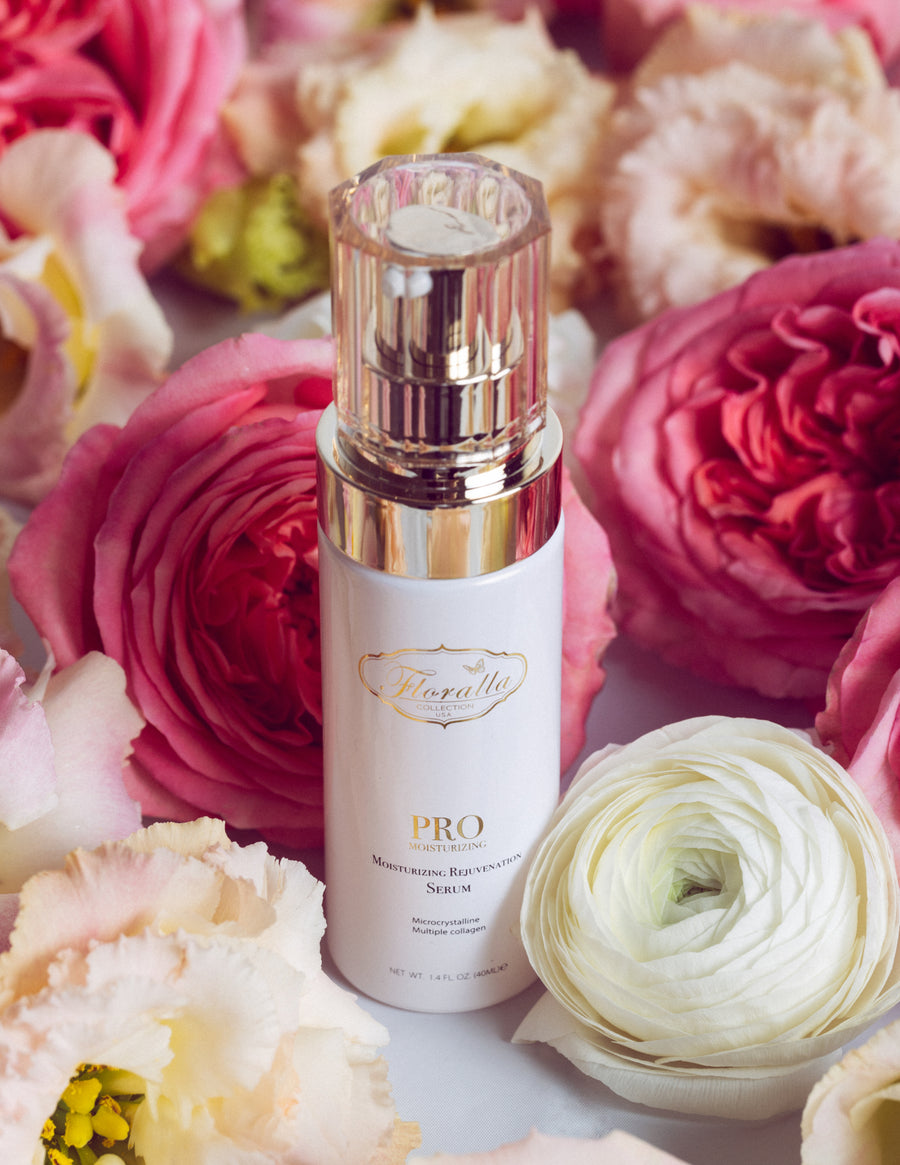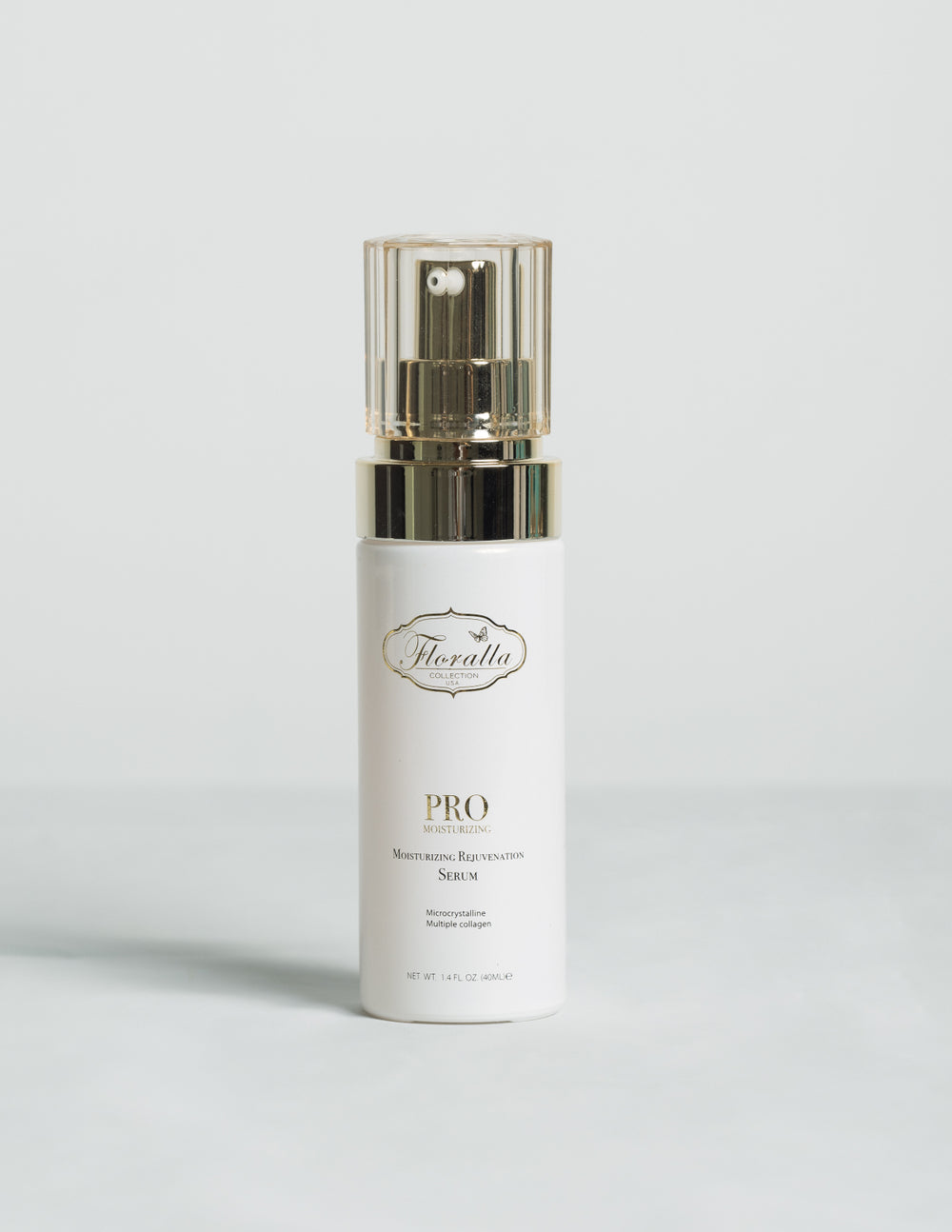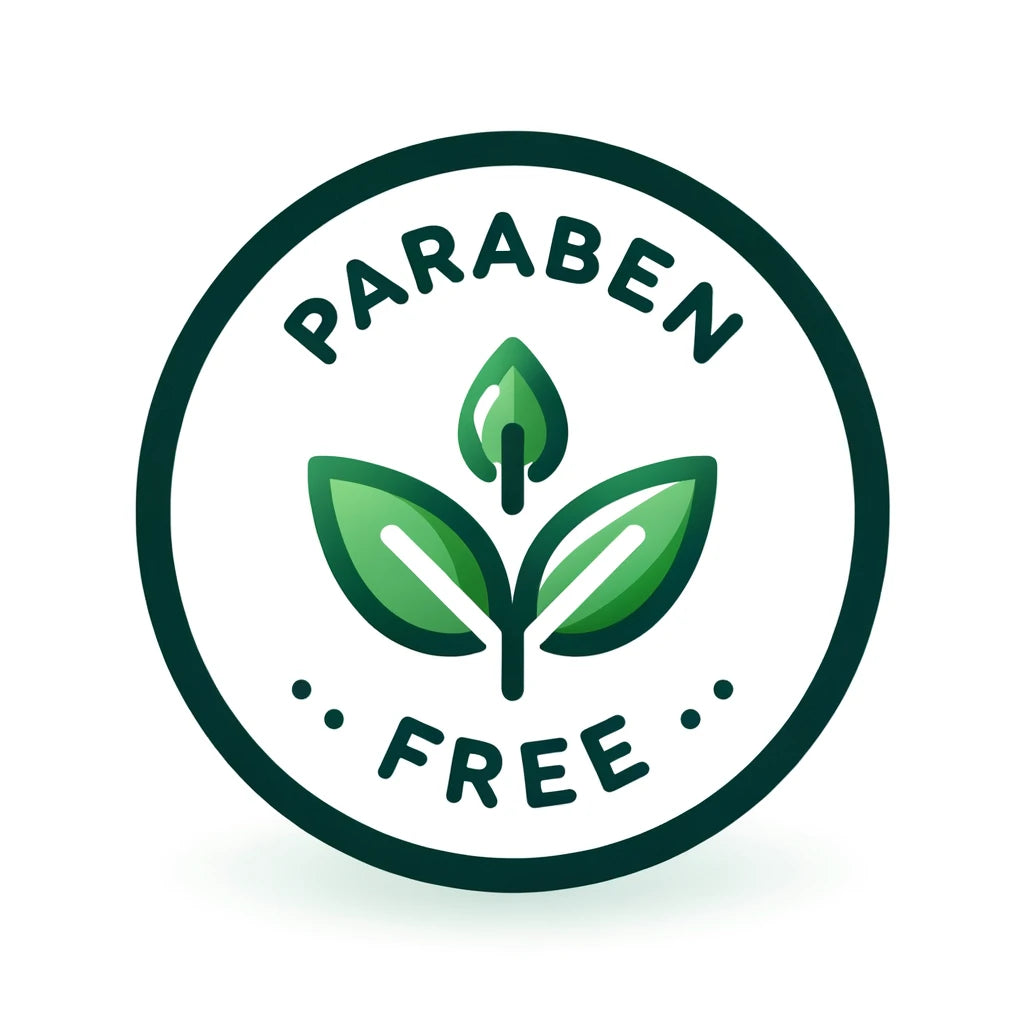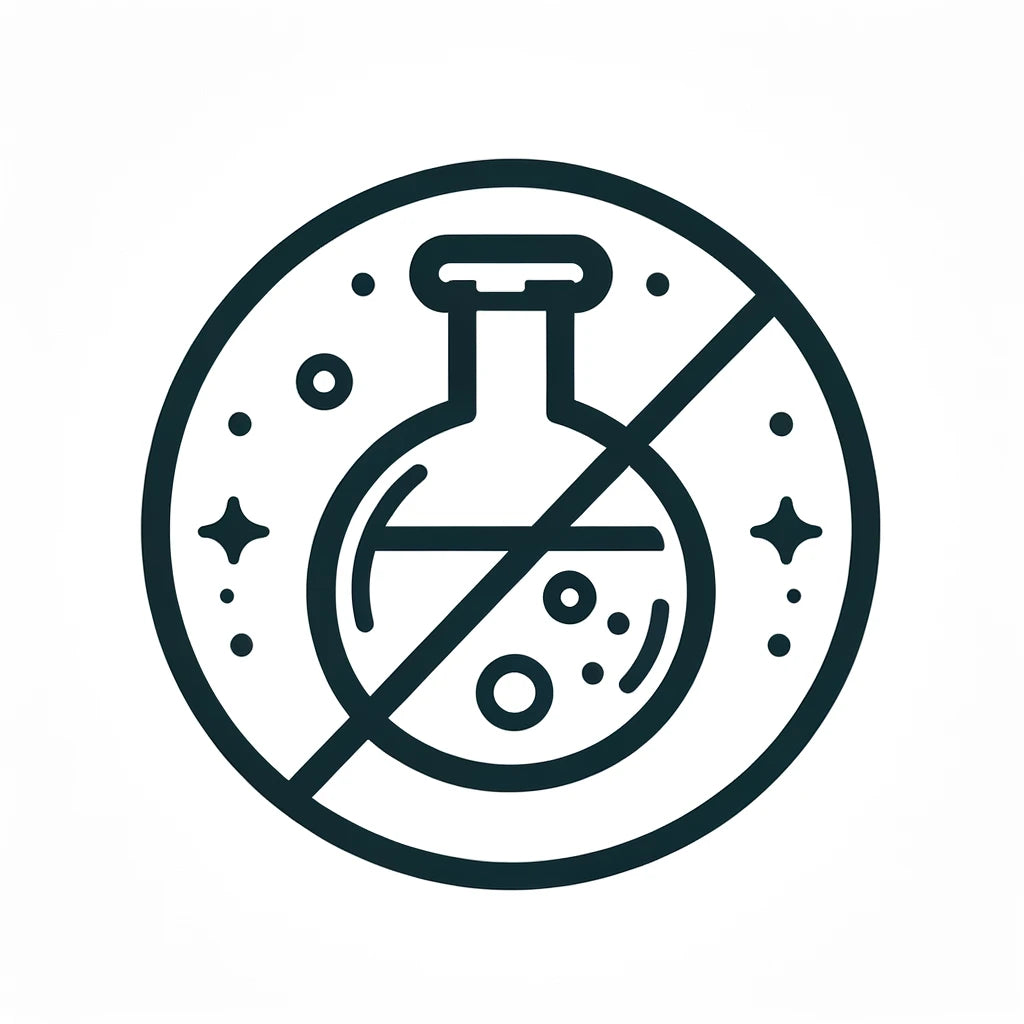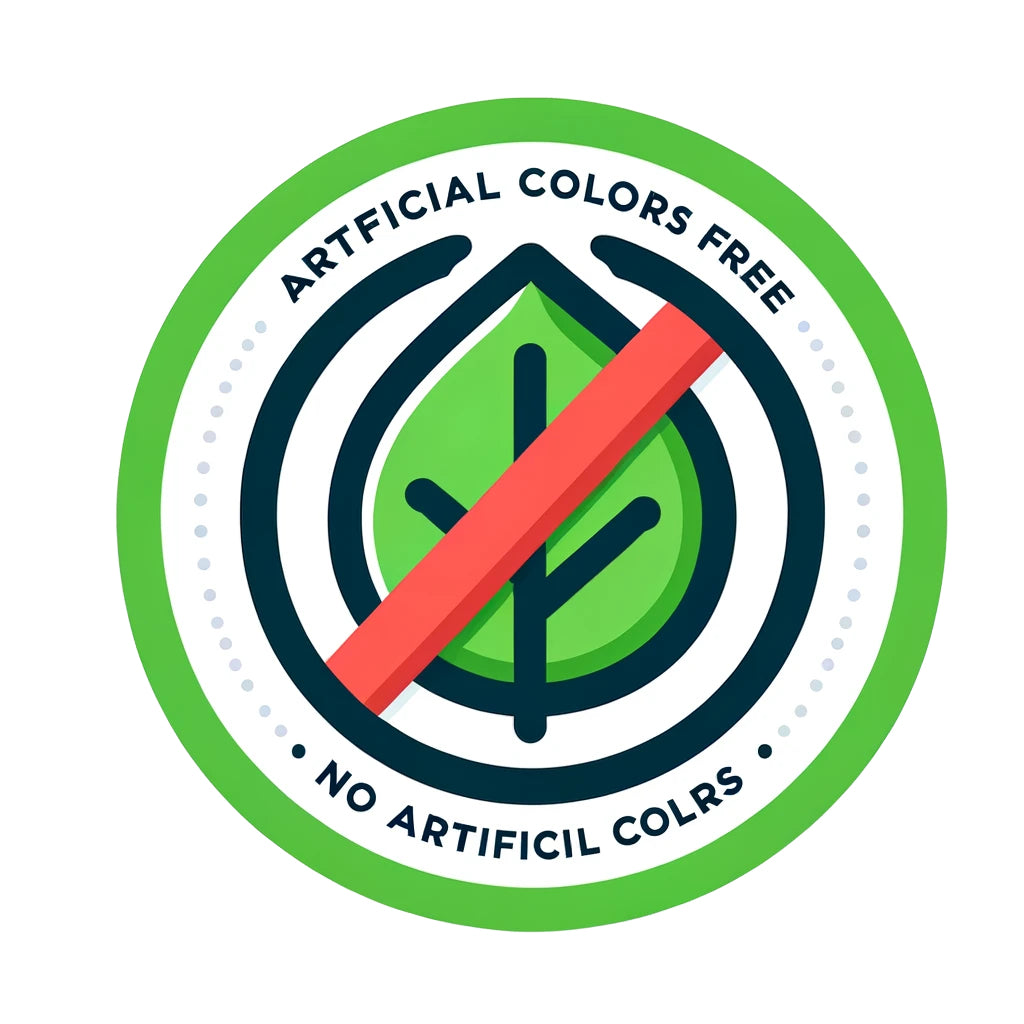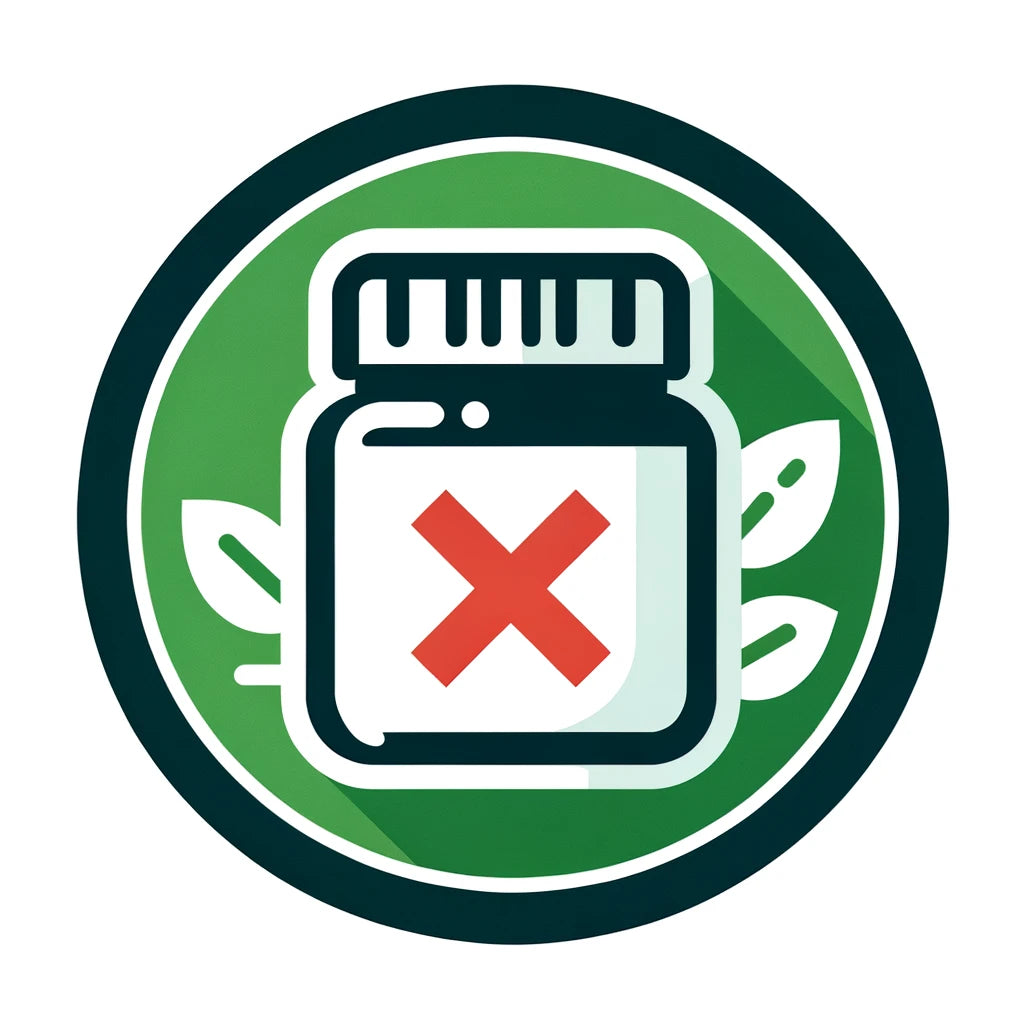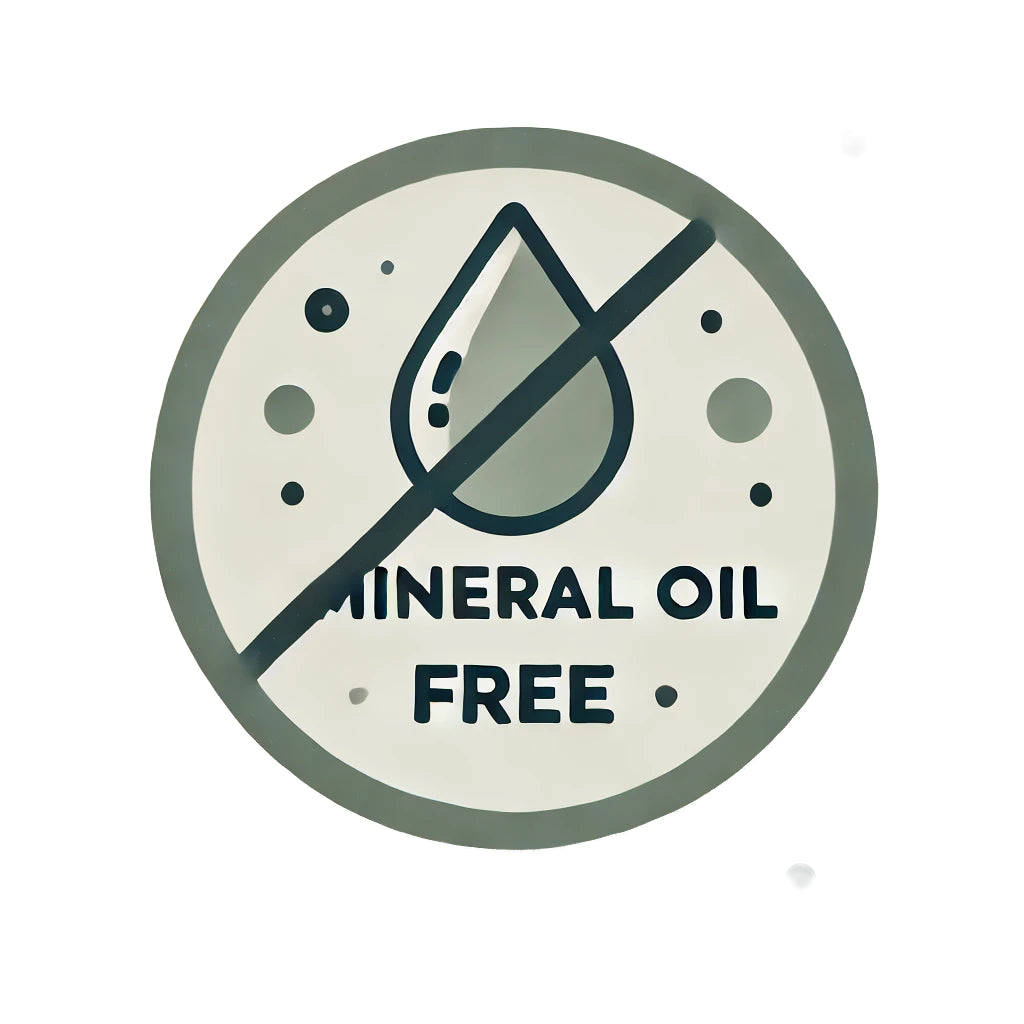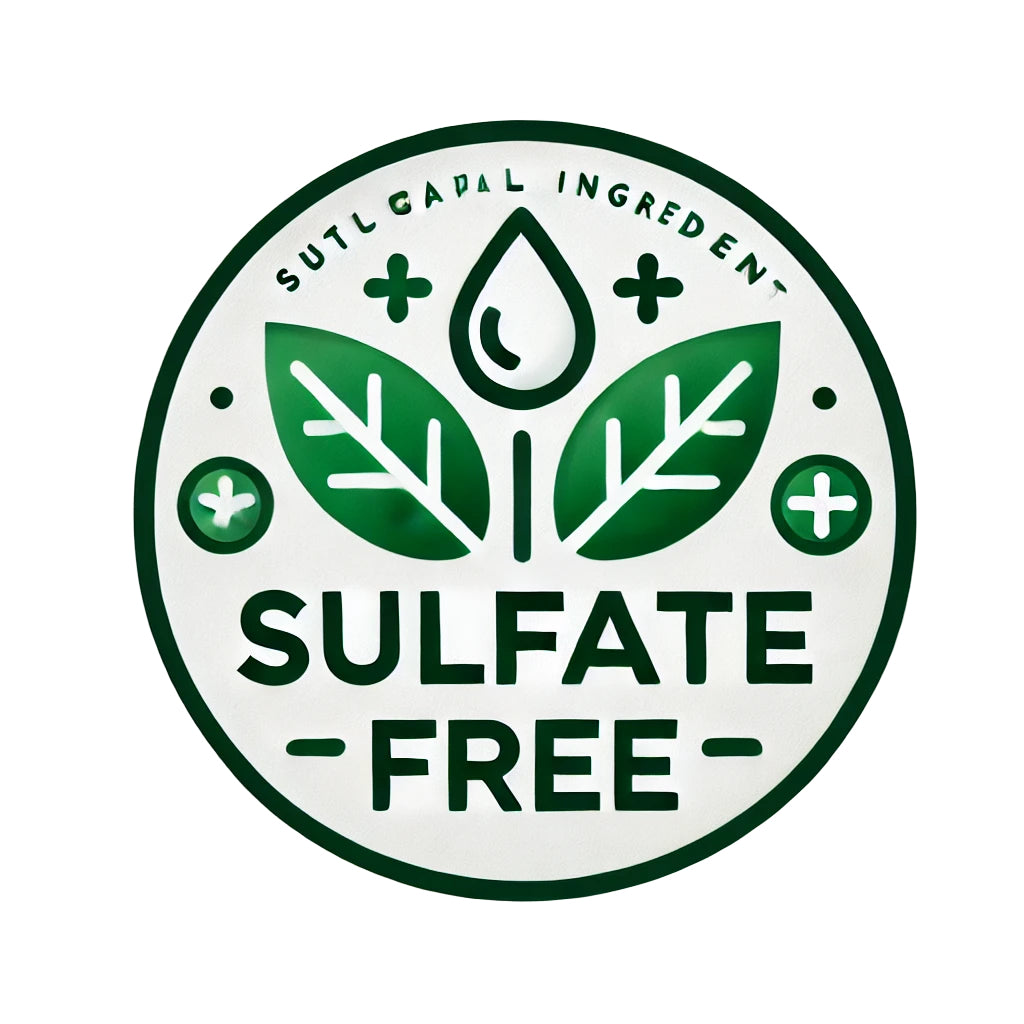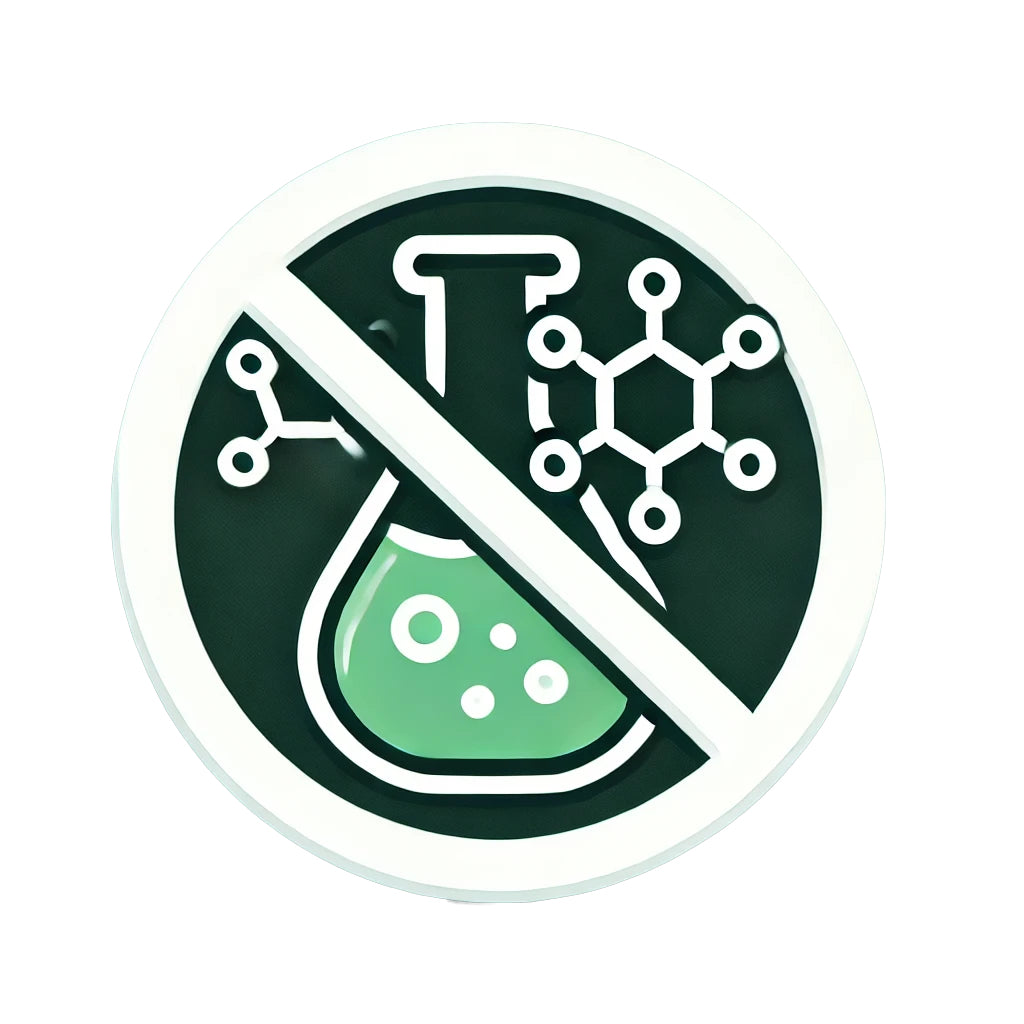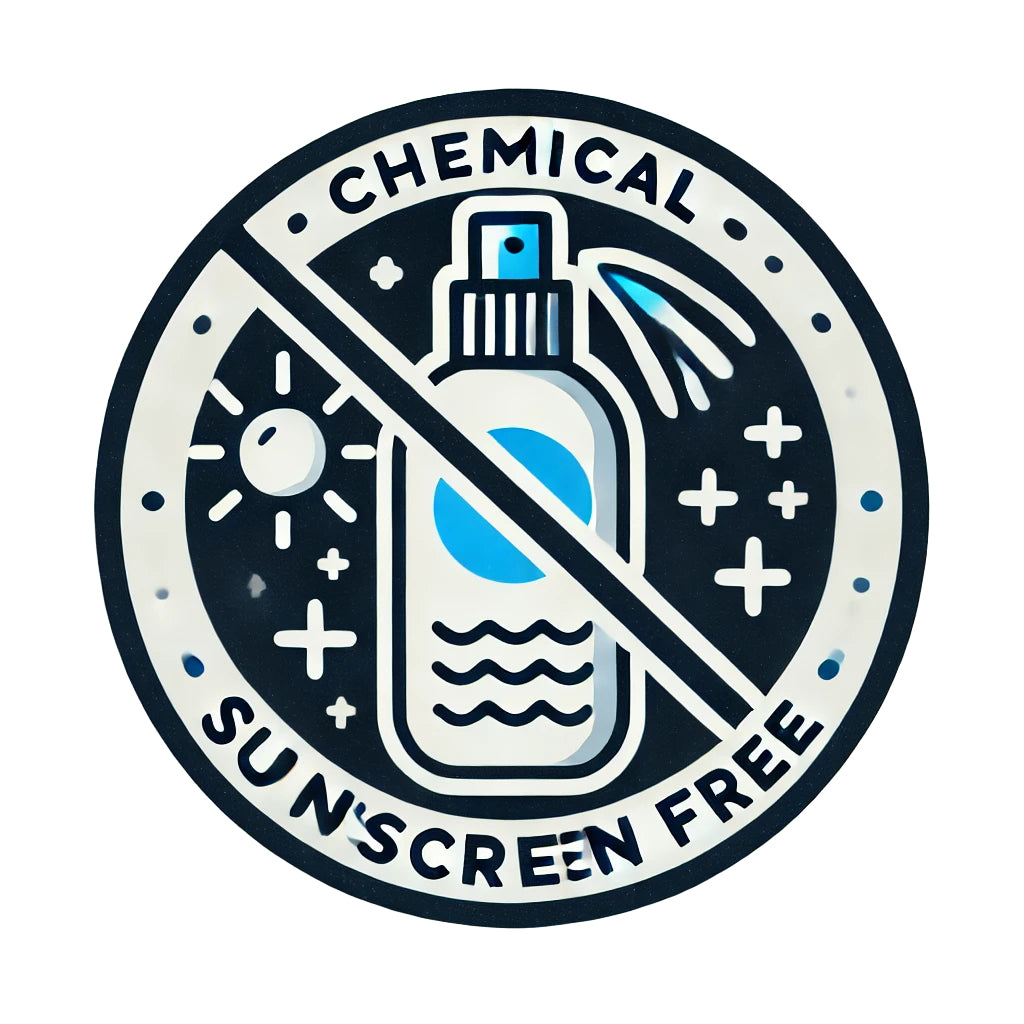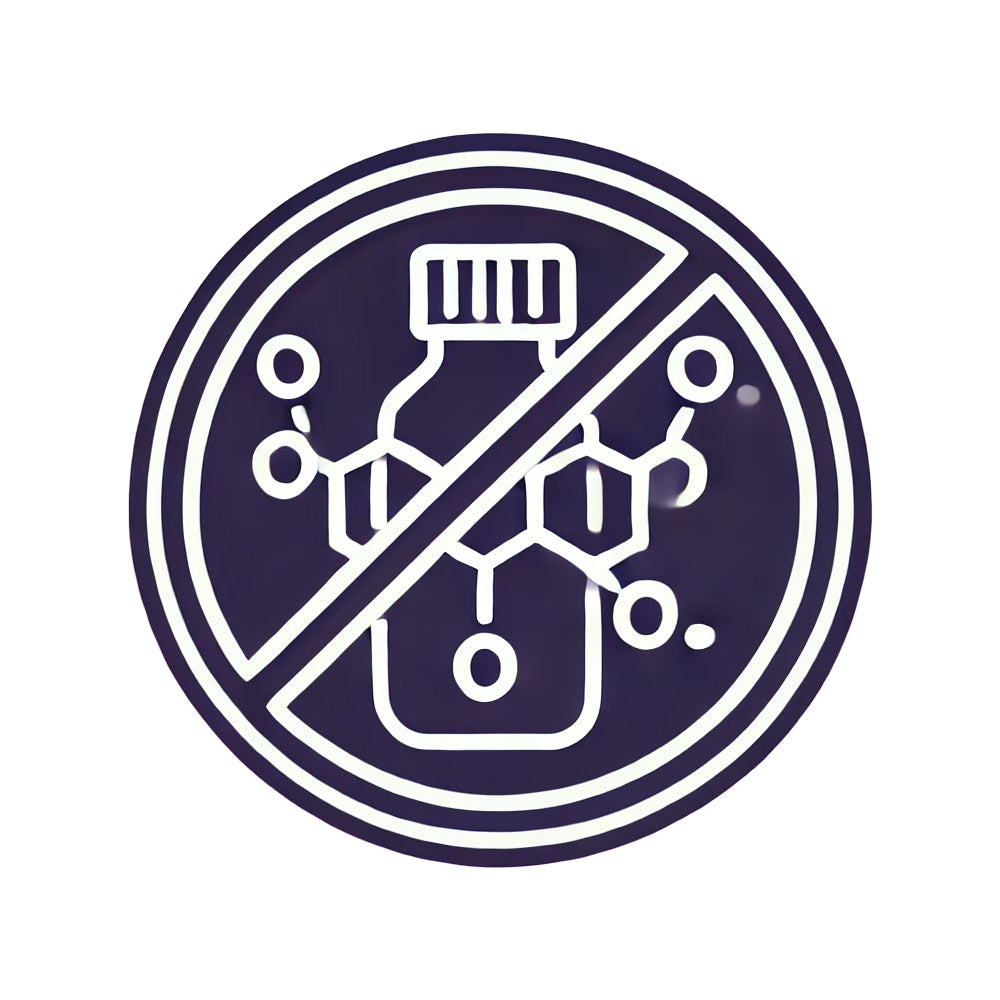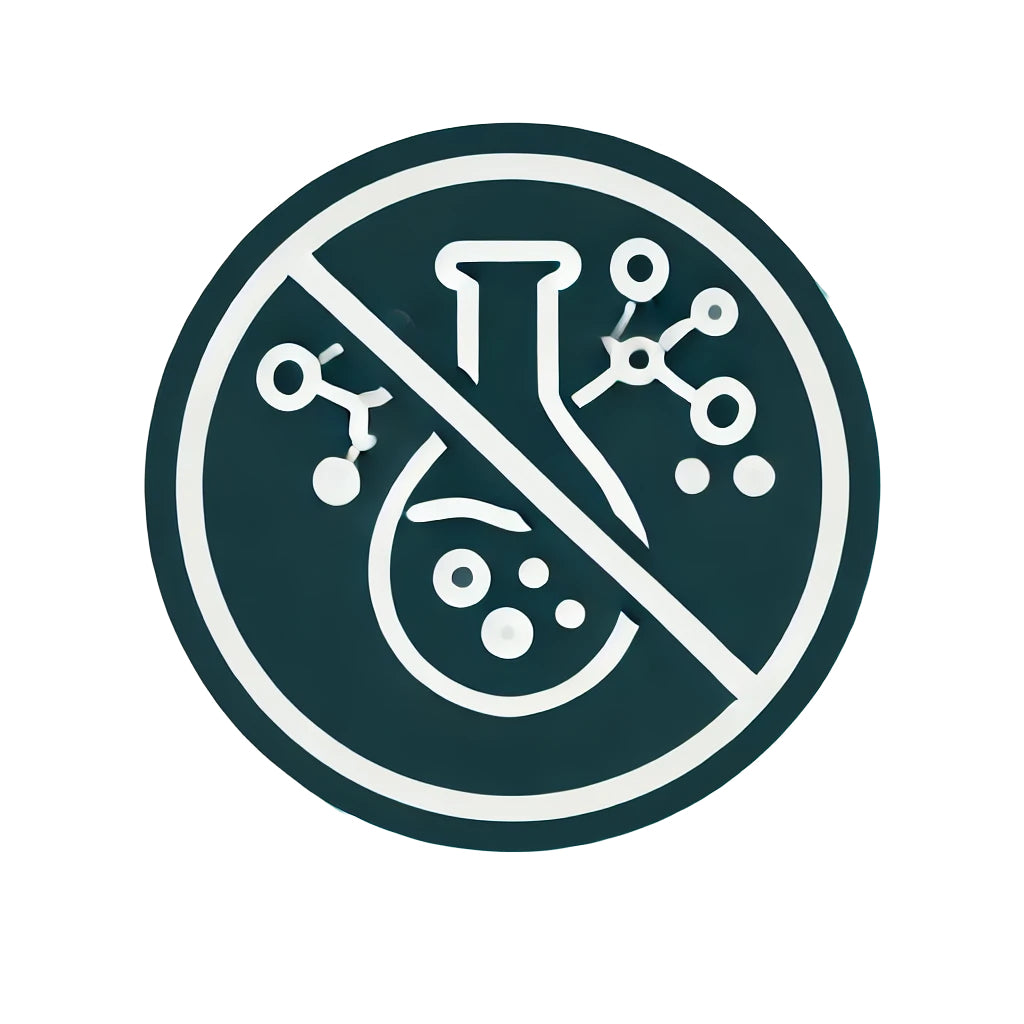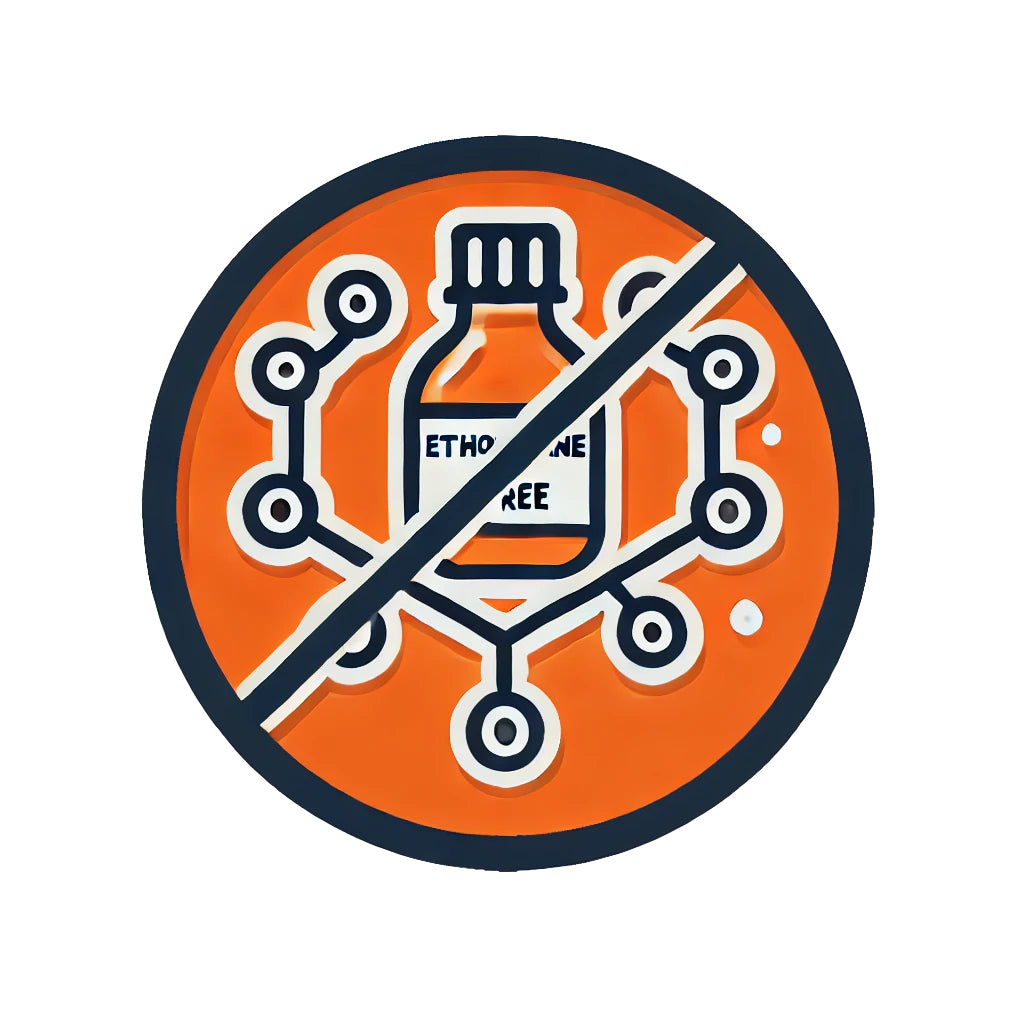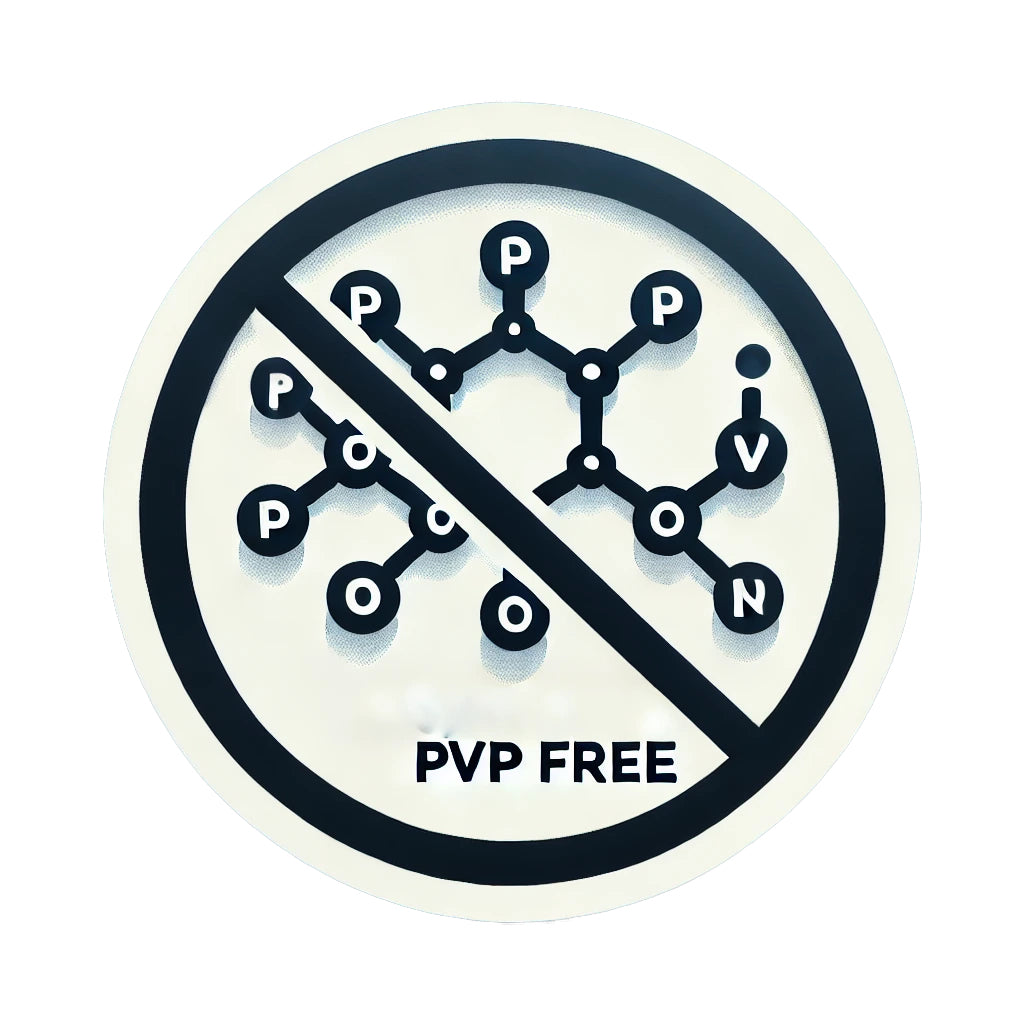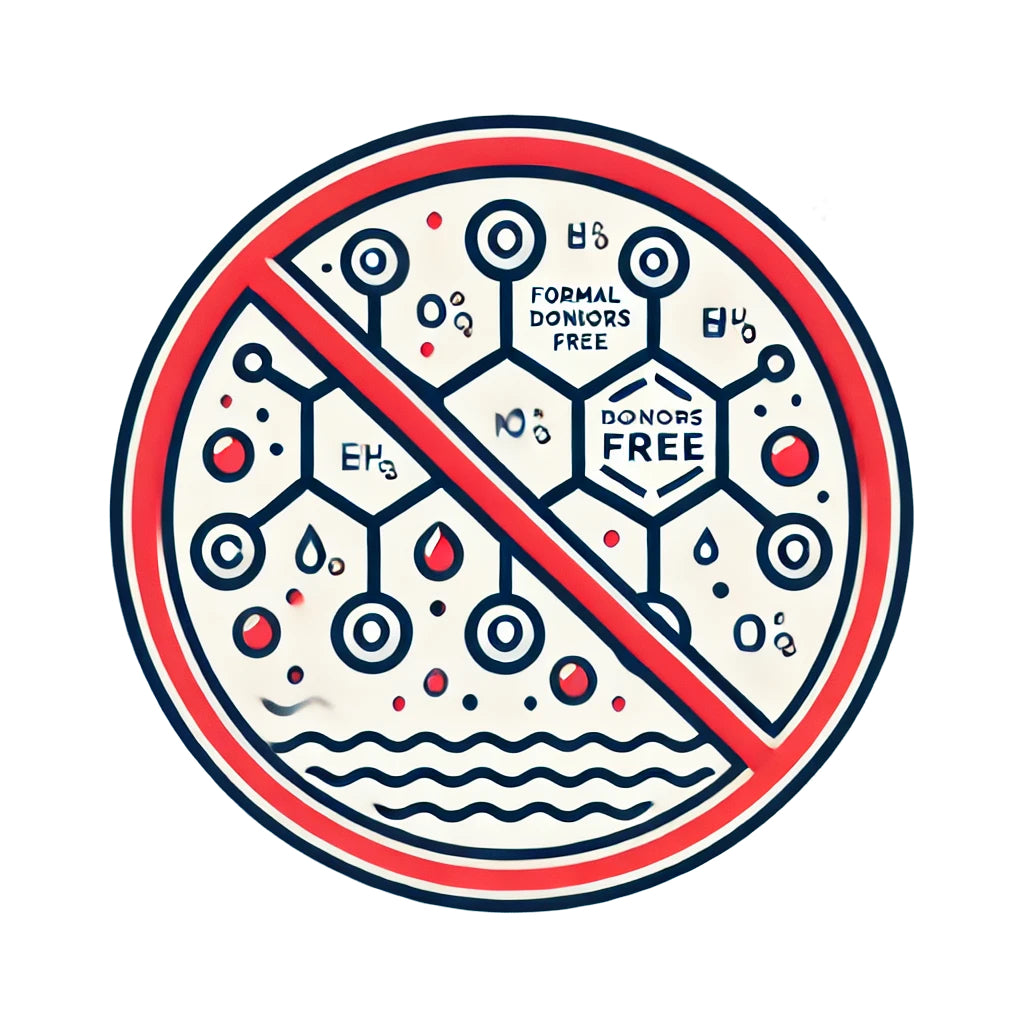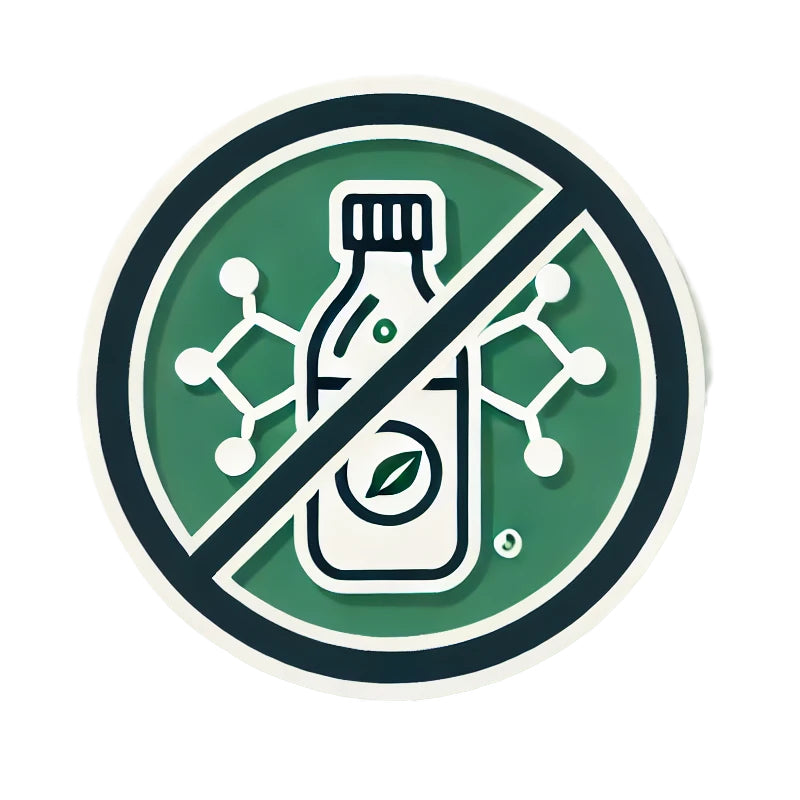Decoding Skincare: Exploring the Differences Between Lotions and Serums

In the ever-evolving world of skincare, navigating through the myriad of products can be overwhelming. Among the array of creams, lotions, serums, and toners, it's easy to get lost in the terminology and wonder what exactly sets each product apart. Two commonly used terms in skincare routines are "lotions" and "serums." While they may seem similar, they serve different purposes and offer distinct benefits to the skin. Floralla offers both Moisturizing Rejuvenation Lotion and Moisturizing Rejuvenation Lotion Face Serum. Let's delve into the nuances of lotions and serums to understand their differences and how they contribute to your skincare regimen.
What is a Lotion?
Lotions are a fundamental component of skincare routines, often used as a hydrating and moisturizing step. Typically, lotions have a lighter consistency compared to creams, making them suitable for daily use, especially for those with normal to oily skin types. They are formulated with a higher water content, which helps to hydrate the skin without leaving a heavy or greasy residue.
The primary function of a lotion is to provide hydration and seal in moisture, thereby improving the skin's texture and suppleness. Many lotions contain humectants like hyaluronic acid or glycerin, which attract water molecules to the skin, keeping it moisturized throughout the day. Additionally, lotions may contain emollients such as shea butter or jojoba oil, which help to soften and smooth the skin's surface.
Benefits of Using a Lotion:
- Hydration: Lotions replenish the skin's moisture barrier, preventing dehydration and dryness.
- Lightweight: Ideal for daily use, lotions are lightweight and absorb quickly into the skin without feeling heavy.
- Versatility: Suitable for all skin types, lotions come in various formulations to address specific concerns such as acne, aging, or sensitivity.
What is a Serum?
Serums, on the other hand, are concentrated formulations packed with active ingredients designed to target specific skincare concerns. Unlike lotions, serums have a thinner consistency and a higher concentration of active ingredients, allowing them to penetrate deeper into the skin's layers. This makes serums particularly effective in addressing concerns such as fine lines, wrinkles, hyperpigmentation, and uneven texture.
Serums are formulated with potent ingredients such as vitamins (like vitamin C or vitamin E), antioxidants, peptides, and botanical extracts, each tailored to address specific skincare needs. Due to their lightweight texture, serums are typically applied after cleansing and toning and before moisturizing. This allows the active ingredients to penetrate the skin more effectively and deliver noticeable results.
Benefits of Using a Serum:
- Targeted Treatment: Serums contain high concentrations of active ingredients, making them effective in addressing specific skincare concerns.
- Penetration: With their lightweight consistency, serums penetrate deeper into the skin, delivering potent ingredients where they are needed most.
- Enhanced Efficacy: Regular use of serums can result in visible improvements in skin texture, tone, and overall appearance.
Key Differences Between Lotions and Serums:
- Consistency: Lotions have a thicker consistency and higher water content, whereas serums have a thinner consistency and a higher concentration of active ingredients.
- Function: Lotions primarily focus on hydration and moisture retention, while serums target specific skincare concerns such as aging, hyperpigmentation, or acne.
- Application: Lotions are typically applied as the final step in a skincare routine to lock in moisture, while serums are applied before moisturizer to deliver potent ingredients deep into the skin.
In conclusion, while both lotions and serums play essential roles in a skincare regimen, they serve different purposes and offer distinct benefits. Lotions are ideal for daily hydration and moisture retention, while serums provide targeted treatment for specific skincare concerns. By understanding the differences between these two products, you can tailor your skincare routine to address your individual needs and achieve healthy, radiant skin.
Explore Floralla's selection of skincare products, including the Pro Moisturizing Rejuvenation Lotion and Serum, to find the perfect additions to your skincare routine.
